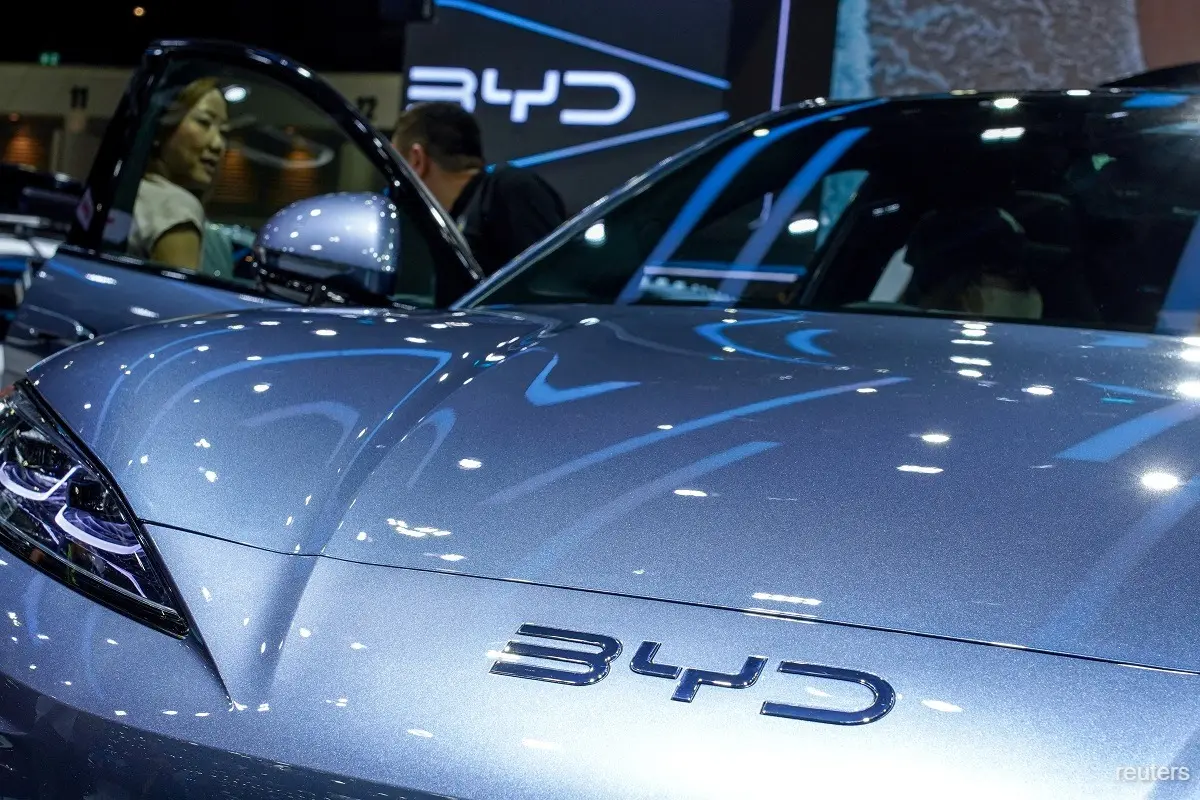Intense competition in China’s electric vehicle market has intensified with allegations of emissions standard violations against BYD by Great Wall Motor and Geely.
Amid ongoing tensions in China’s booming electric vehicle (EV) market, fierce competition among the industry’s leading players has reached a new peak. Following serious accusations against BYD regarding non-compliance with emissions standards, two other automotive giants, Great Wall Motor and Geely, have now joined the fray, further escalating the conflict.
The Origin of the Dispute Between BYD and Great Wall Motor
The rivalry in China’s EV sector took a dramatic turn in 2023 when Great Wall Motor formally accused BYD of violating emissions regulations. The allegations specifically targeted BYD’s two best-selling hybrid models, Qin Plus and Song Plus. Great Wall claimed that BYD’s use of non-pressurized fuel tanks led to faster evaporation of fuel, resulting in increased emissions. This issue prompted Chinese regulatory authorities to launch formal investigations.
BYD’s Response and the Ongoing Tensions
BYD rejected the allegations, asserting that its vehicles comply with China’s environmental standards. However, the company did not directly address the issue concerning the non-pressurized fuel tanks. Instead, BYD stated that it had made design changes in response to customer complaints. Li Yunfei, BYD’s General Manager of Branding and Public Relations, shared this position on the social media platform Weibo, but his post was later removed for reasons that remain unclear.
Geely Joins the Conflict, Supporting Great Wall Motor
The dispute soon widened as Geely entered the conversation. Victor Yang, Geely’s Vice President, publicly supported Great Wall’s claims during an automotive conference in Chongqing, revealing that Geely’s internal emissions testing produced similar results. He further described Wei Jianjun, Great Wall Motor’s Chairman, as an “industry whistleblower,” highlighting the severity and seriousness of the conflict.
Market Implications of the Intensifying Rivalry
While these disputes continue, China’s EV market is under significant competitive pressure. Recently, BYD introduced substantial price cuts, lowering the starting price of its most affordable model to 55,800 yuan. This move triggered a decline in the stock values of rival companies, intensifying the already heated market competition. BYD’s aggressive pricing strategy has not only intensified the battle for market share but also sparked broader debates about product quality and regulatory compliance.
Regulatory Status and the Future of the Industry
China’s Ministry of Industry and Information Technology, one of the key regulators involved in the emissions investigation, has yet to respond to inquiries for comments. The silence from regulatory bodies and involved companies has left many experts awaiting the official investigation results. The future of this crucial industry, which plays a vital role in China’s global EV ambitions, now hinges on the outcome of these investigations and the subsequent responses from the companies.



